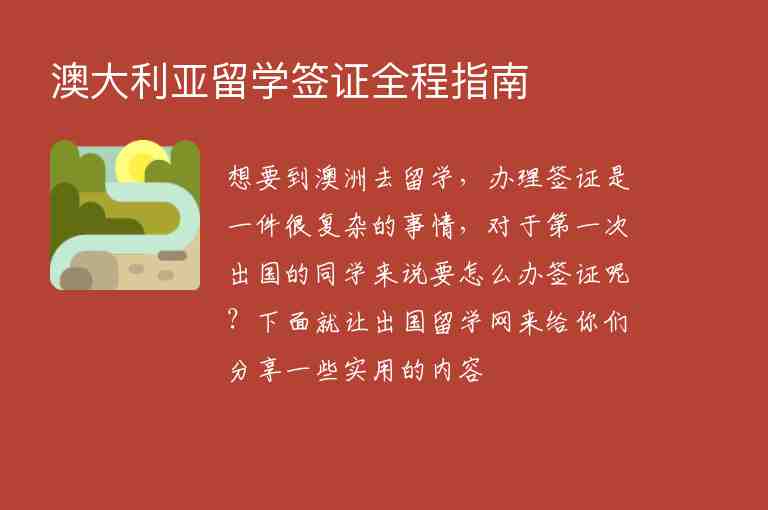disaster是一个名词,指的是一场灾难或不幸的。它可以用来形容自然灾害、人为事故或者其他意外,通常带有严重的负面含义。
怎么读(音标)
[dɪˈzæstər]
用法
disaster作为名词,通常用于描述一场灾难性的。它可以作为主语、宾语或定语出现在句子中。
例句1-5句且中英对照
1. The earthquake was a disaster for the small town. (这次地震对小镇来说是一场灾难。)
2. The hurricane caused widespread destruction and loss of life, it was a true disaster. (这次飓风造成广泛破坏和生命损失,真是一场大灾难。)
3. The oil spill in the ocean was an environmental disaster. (海洋中的石油泄漏是一场环境灾难。)
4. The company's bankruptcy was a financial disaster for its employees. (公司的破产对员工来说是一场财务灾难。)
5. The fire at the factory was a man-made disaster caused by negligence. (工厂火灾是由于疏忽引起的人为灾难。)
同义词及用法
1. Catastrophe:指极其严重的不幸,通常指自然灾害或战争。:The flood was a catastrophe for the village. (洪水对村庄来说是一场大灾难。)
2. Tragedy:指不幸的或悲剧性的结局。:The death of their child was a tragedy for the family. (孩子的死对这个家庭来说是一场悲剧。)
3. Calamity:指突发的、毁灭性的不幸。:The earthquake was a calamity that left many people homeless. (地震是一场导致许多人无家可归的灾难。)
编辑总结
disaster是一个常用的名词,用来描述严重的灾难性。它可以用于各种语境中,通常带有负面含义。在写作时,可以根据具体情况选择合适的同义词来替换,以避免重复使用同一个词语。



